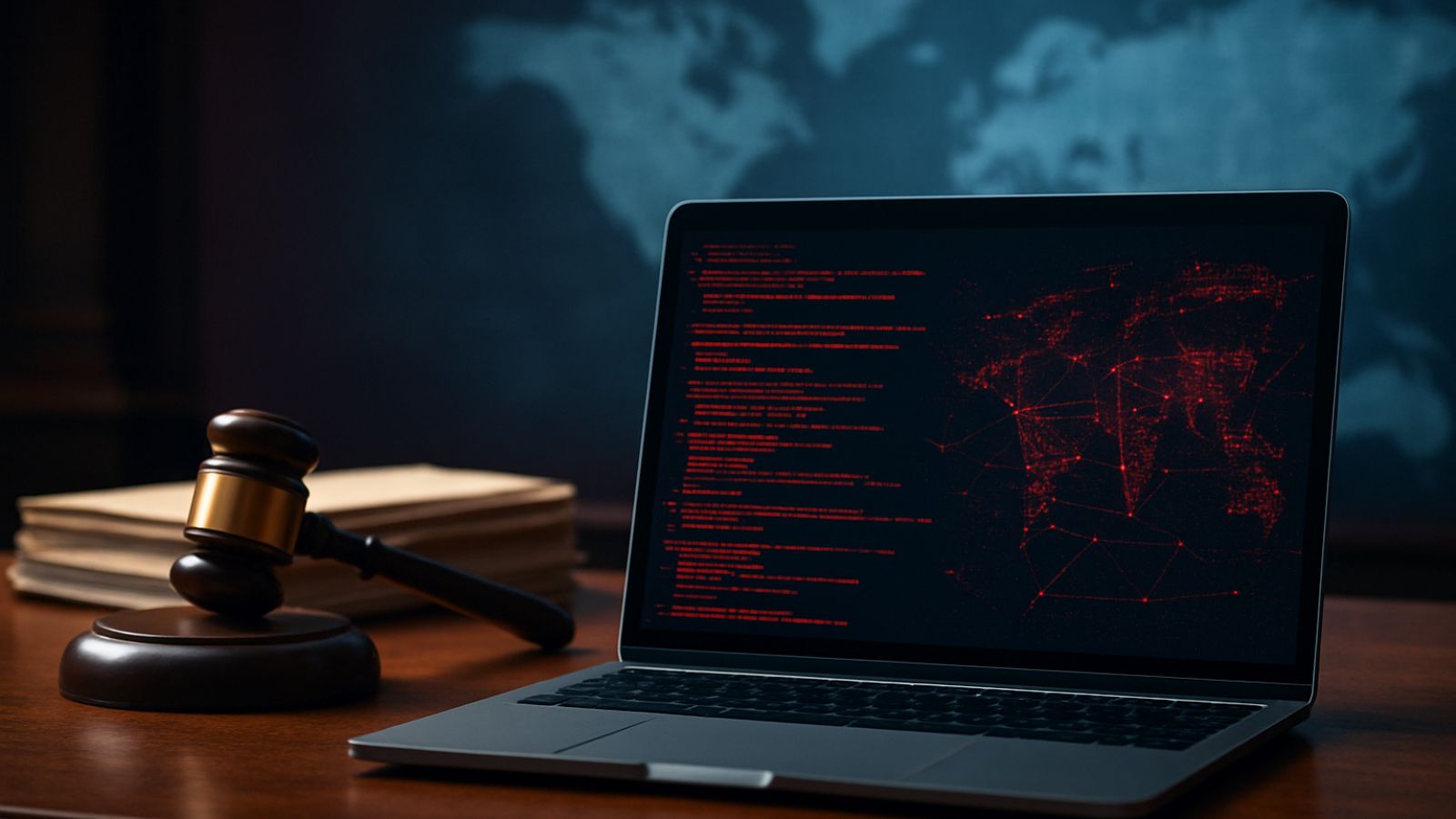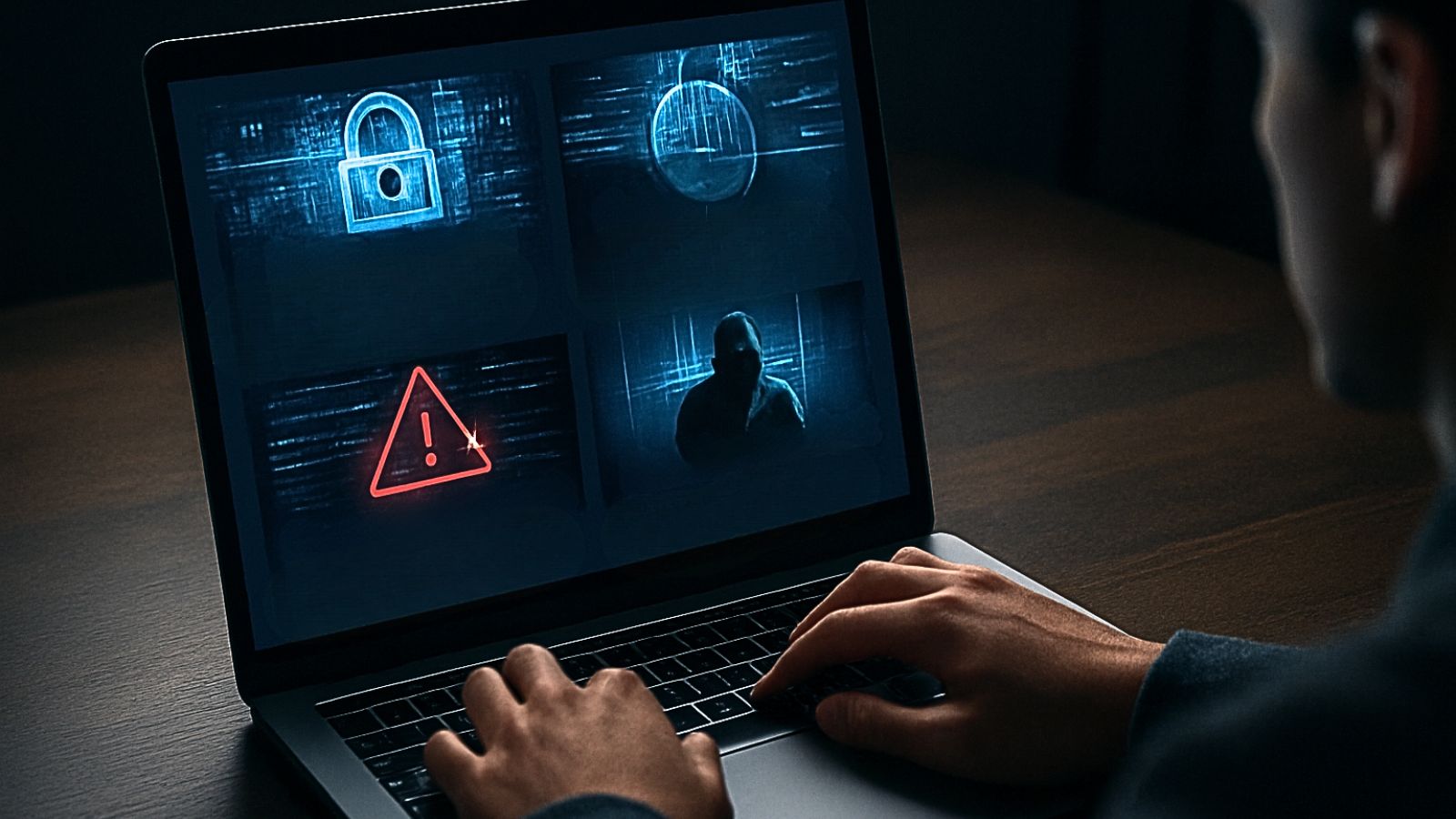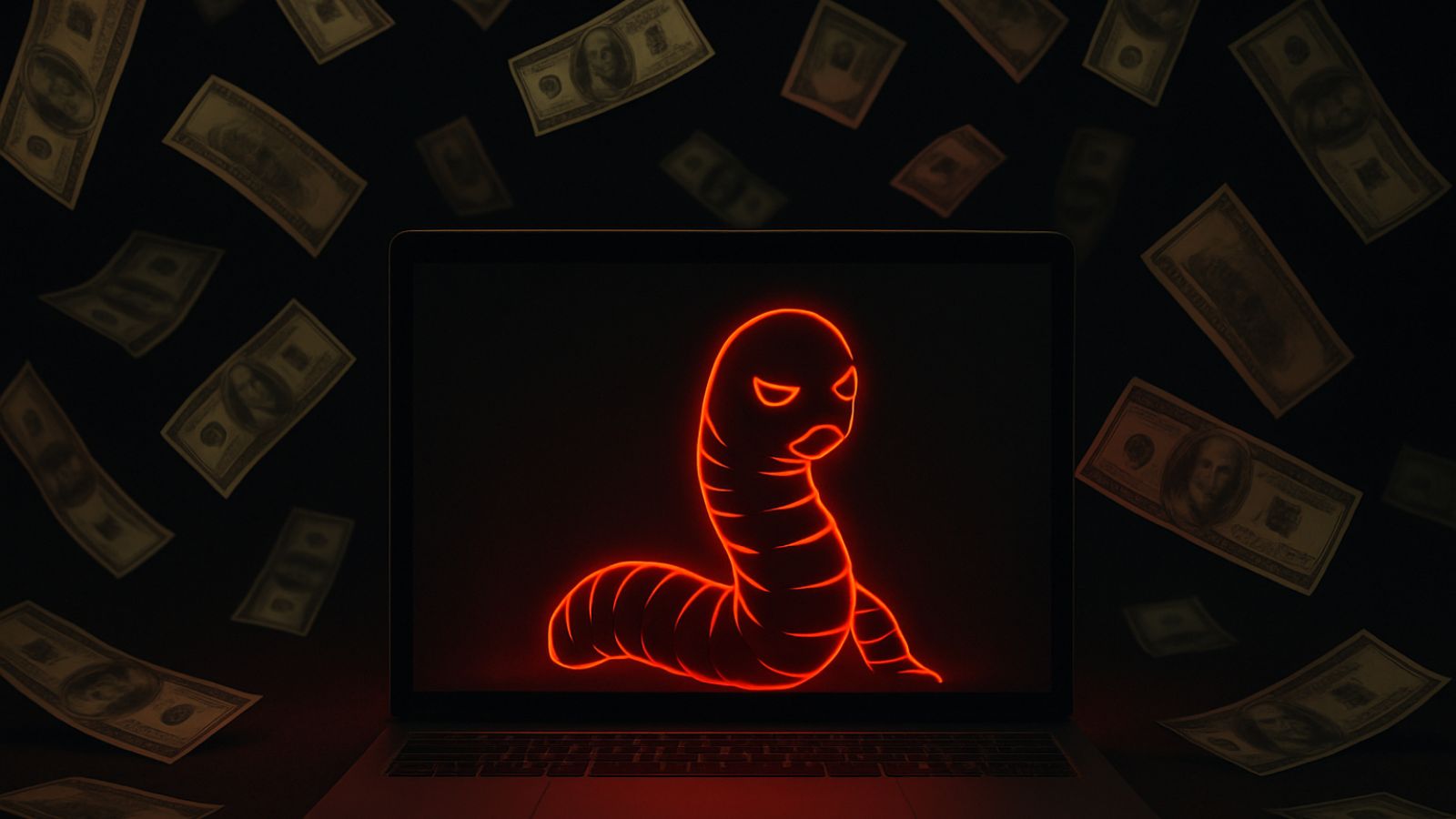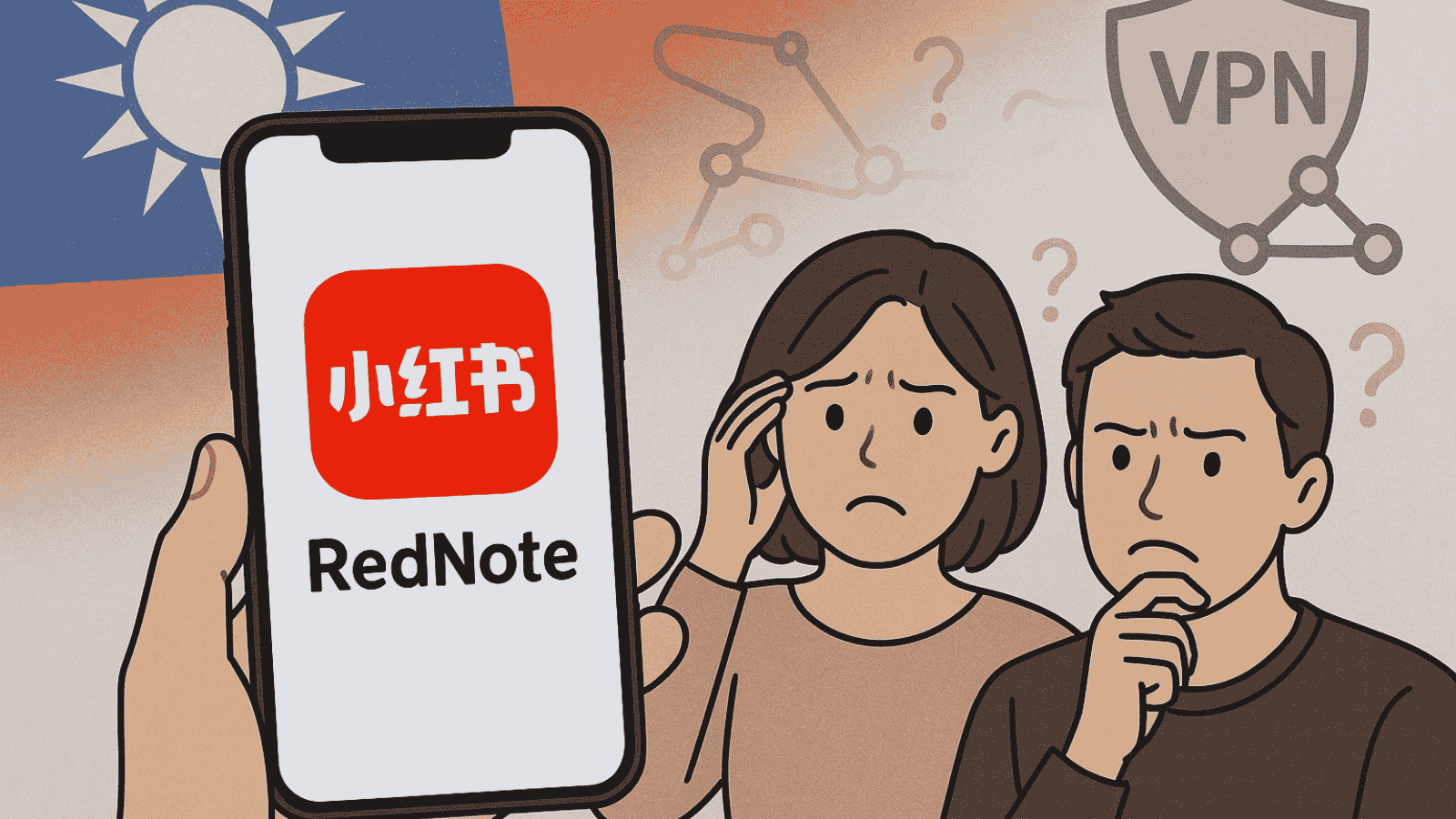
Beijing Cybersecurity Company Caught in the US OFAC Radar
- The U.S. Treasury Sanctions a Chinese cybersecurity company for cyberespionage.
- The company was accused of working with a cybercriminal gang called Flax Typhoon.
- The cyber attacks impacted the U.S. government systems and the treasury department's digital infrastructure.
The U.S. Department of the Treasury, which operates and maintains the critical financial infrastructure of the United States sanctioned a Chinese entity for IT intrusion and other malicious activities.
In a press release dated January 3, 2025, the Department of the Treasury’s Office of Foreign Assets Control (OFAC) listed Beijing-based cybersecurity company Integrity Technology Group, Incorporated, which targeted U.S. entities. The cybersecurity company worked with Flax Typhoon, a cybercriminal gang, to maintain persistent control over their network.
The targets of the Flax Typhoon gang included U.S. government systems, the Treasury’s IT infrastructure, and critical infrastructure, among others. The group has been active since at least 2021 targeting networks belonging to North America, Europe, Africa, and Asia, the press release added.
A threat to critical infrastructure could lead to the loss of lives and affect access to basic services, besides impeding growth and progress. Addressing the recent slew of attacks attributed to Chinese state-sponsored groups, Trump’s transition spokeswoman Karoline Leavitt said to Bloomberg, “For too long, our country has been on defense when it comes to cyberattacks.”
However, the Trump administration will impose fines on culprits who steal critical data and pose a threat to the U.S. infrastructure, Leavitt further added.
Among other techniques, the hacks were conducted by using a key belonging to the vendor and gaining access to a cloud-based service. Through this, they would access the technical support channel linked to the Treasury Department users.
The Annual Threat Assessment of the U.S. Intelligence Community maintained the following observations related to the ambitions and threat posed by China to the United States:
- China aims to become a global S&T superpower with Beijing indulging in a whole-of-government effort for innovation, power, energy, AI, and quantum information science.
- China seeks to enhance its nuclear posture for strategic rivalry with the U.S., which is also based on the current inefficiency of the same.
- Beijing has been participating in cyber espionage through the industry export of surveillance and communication technology for aggressive online operations against the U.S.
More recently, the federal court in Hammond, Indiana, charged and disclosed to the public Guan Tianfeng, who is a Chinese citizen. Guan was charged with conducting firewall hacks in 2020.
Both Guan and an accomplice were found to be employed at the cybersecurity offices of Sichuan Silence Information Technology Co. Ltd. They would exploit zero-day vulnerabilities to gain access to firewalls sold by Sophos Ltd., an information and technology company based in the United Kingdom. Over 81,000 firewall devices were impacted by the cyber attacks.














